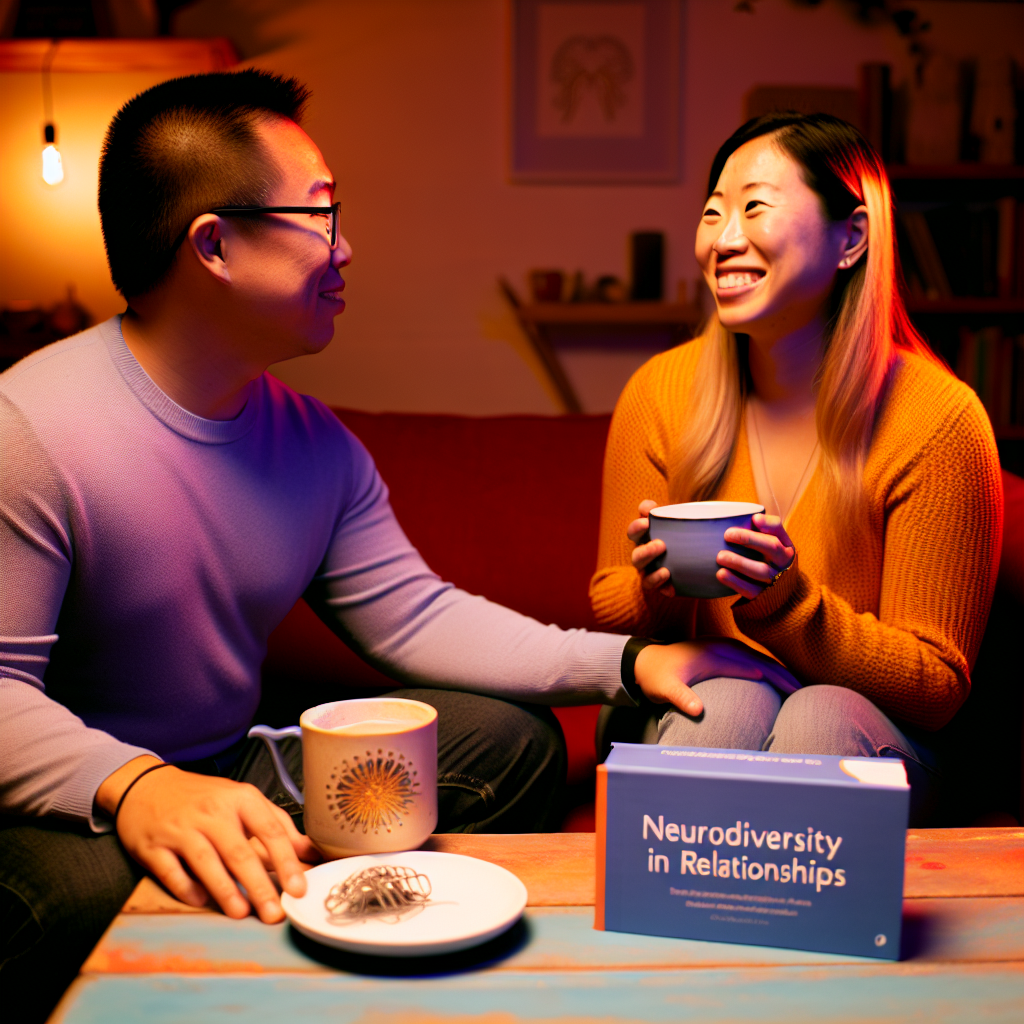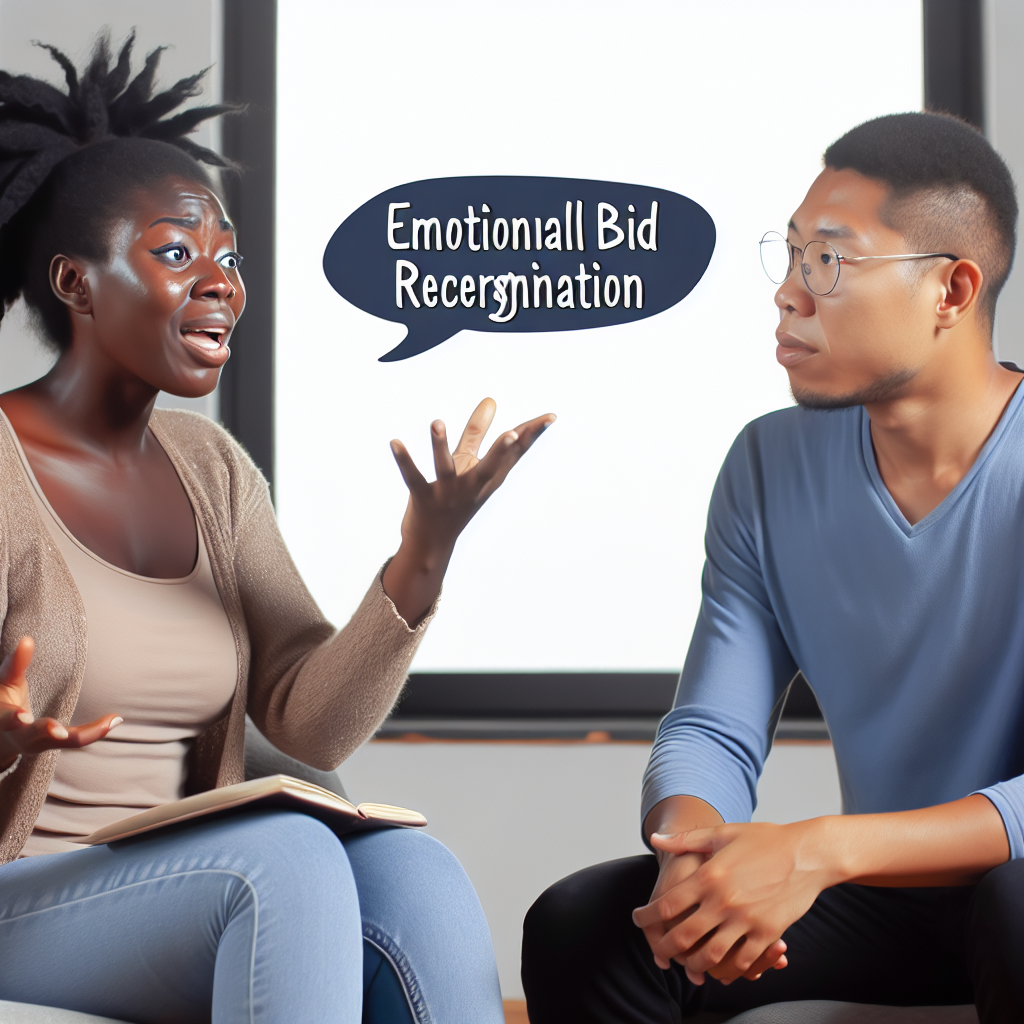Neurodivergent Compatibility in Dating: Signs of a Supportive Partner
Introduction: Redefining Romance Through a Neurodivergent Lens
Dating in the 21st century is more dynamic—and more inclusive—than ever before. As conversations around mental health, neurodiversity, and emotional intelligence become more mainstream, singles are increasingly seeking not just physical or emotional compatibility, but neurological and cognitive alignment as well.
For neurodivergent individuals—those whose brains function differently from what’s typically considered “neurotypical”—navigating the landscape of modern relationships can present both unique challenges and profound opportunities. Neurodivergence is an umbrella term that encompasses a wide range of neurological conditions, including Autism Spectrum Disorder (ASD), Attention Deficit Hyperactivity Disorder (ADHD), Dyslexia, Dyspraxia, and others. These differences impact how people perceive experiences, communicate, and relate emotionally.
While neurodivergence does not preclude meaningful and healthy relationships—in fact, many neurodivergent individuals have deep and lasting partnerships—it does highlight the importance of finding a compatible and supportive partner who appreciates neurodiversity and is willing to nurture a relationship with empathy and patience.
Understanding neurodivergence in a dating context is critical for singles at any age, whether you’re 18 or approaching your 80s. From the first online message to long-term commitments, the presence (or lack) of understanding can dictate the trajectory of a connection. It’s vital for neurodivergent individuals to feel seen, heard, and respected—not just tolerated. Equally important is helping neurotypical individuals identify how they can provide genuine support, set healthy boundaries, and foster mutual growth within the relationship.
With dating platforms like hitchme.com and others recognizing the importance of inclusivity, there are more resources than ever for neurodivergent singles. These platforms also create space for couples to explore new frameworks of love and communication—ones that prioritize authenticity over social conformity.
In this article, we delve into the essential traits that indicate a supportive partner for neurodivergent individuals and explore the latest in professional research and practical guidance that both partners can draw upon. Whether you’re navigating sensory sensitivity, executive dysfunction, different communication styles, or social fatigue, identifying a compassionate and supportive partner can be the cornerstone of a fulfilling romantic life.
Unlocking Love: What Research Says About Neurodivergent Compatibility
The study of compatibility in neurodivergent relationships is a growing field. As public awareness surrounding neurodiversity expands, the clinical and psychological communities have deepened their interest in how neurodivergent and neurotypical individuals cultivate and maintain romantic connections.
A 2018 study published in the journal Autism examined the relationships of autistic individuals, finding that while these individuals may face communication challenges, their romantic partnerships are often anchored by honesty, loyalty, and emotional depth when met with acceptance and understanding from their partners. The study also emphasized the importance of direct communication, with autistic participants expressing preference for partners who are forthright rather than relying on vague social cues. Read the study here.
Another notable study in the Journal of Attention Disorders (2020) researched adults with ADHD and found that relationship satisfaction significantly improved when partners adopted adaptive accommodating behaviors, such as planning together, using scheduling tools, and fostering open lines of communication. Full article available here.
Occupational therapists and psychologists have also emphasized the significance of cognitive empathy—the ability to understand how someone else may be thinking or feeling, as opposed to simply recognizing emotion visually or behaviorally. Neurodivergent individuals may experience the world differently but often thrive when their partners engage with them through clear, intentional communication instead of relying on sarcasm or ambiguity.
In 2021, a white paper by the Neurodiverse Love organization highlighted the role of neurodiversity education in relationships, advocating for couples’ therapy models that address the unique dynamics of mixed neurotypical-neurodivergent partnerships. The paper stressed that support doesn’t always mean “fixing” but rather accepting. The presence of willing, informed partners who value different brain types leads to more stable and satisfying romantic outcomes.
Even dating technology is catching up: New platforms and updates allow users to indicate neurodiversity status or preferences, helping to ensure a better alignment of values and communication styles from the start. Apps like these reflect a larger cultural shift from pathologizing differences to celebrating them.
Signs of a Supportive Partner: What to Look for When Dating Neurodivergently
Identifying a supportive partner can look different for everyone, especially in neurodivergent-neurotypical dynamics. However, there are clear signs that someone is equipped to respectfully and lovingly support a neurodivergent partner:
1. Active Listening Without Judgment: They listen to your needs without imposing neurotypical standards or dismissing your experiences.
2. Willingness to Learn: A supportive partner actively seeks to understand neurodivergence, whether that means reading articles, attending therapy sessions, or practicing open conversation.
3. Flexible Communication Styles: Instead of relying solely on body language or subtext, they embrace direct communication, written formats, or structured conversations.
4. Respect for Routines and Boundaries: Whether it’s a need for downtime, specific sensory considerations, or routines that help with mental wellness, a good partner respects these without question.
5. Emotional Regulation: Emotional stability and the ability to self-soothe or avoid escalation during moments of stress are hallmarks of a strong ally in any relationship, but especially important where sensory or social overload may be frequent.
6. Celebration of Differences: Most importantly, a supportive partner views neurodivergence not as a limitation but as part of what makes you unique and valuable.
Conclusion: Celebrating Connection Beyond Convention
In the ever-evolving world of dating, inclusivity and understanding don’t just enhance the experience—they define it. For neurodivergent individuals, finding a supportive partner can transform dating from a source of anxiety into a foundation of growth, acceptance, and love. Whether you’re neurodivergent or neurotypical, the key lies in empathy, communication, and an active commitment to appreciating every neurological nuance that shapes your shared journey.
Summary:
This article explores the importance of finding a supportive partner for neurodivergent individuals in the modern dating landscape. It discusses the unique challenges and opportunities that neurodiversity presents in relationships, highlighting the growing body of research on neurodivergent compatibility. The article outlines key traits to look for in a supportive partner, such as active listening, flexibility, respect for boundaries, and a celebration of differences. By fostering understanding and embracing neurodiversity, the article emphasizes how neurodivergent individuals can cultivate fulfilling and authentic romantic connections.

Dominic E. is a passionate filmmaker navigating the exciting intersection of art and science. By day, he delves into the complexities of the human body as a full-time medical writer, meticulously translating intricate medical concepts into accessible and engaging narratives. By night, he explores the boundless realm of cinematic storytelling, crafting narratives that evoke emotion and challenge perspectives. Film Student and Full-time Medical Writer for ContentVendor.com



